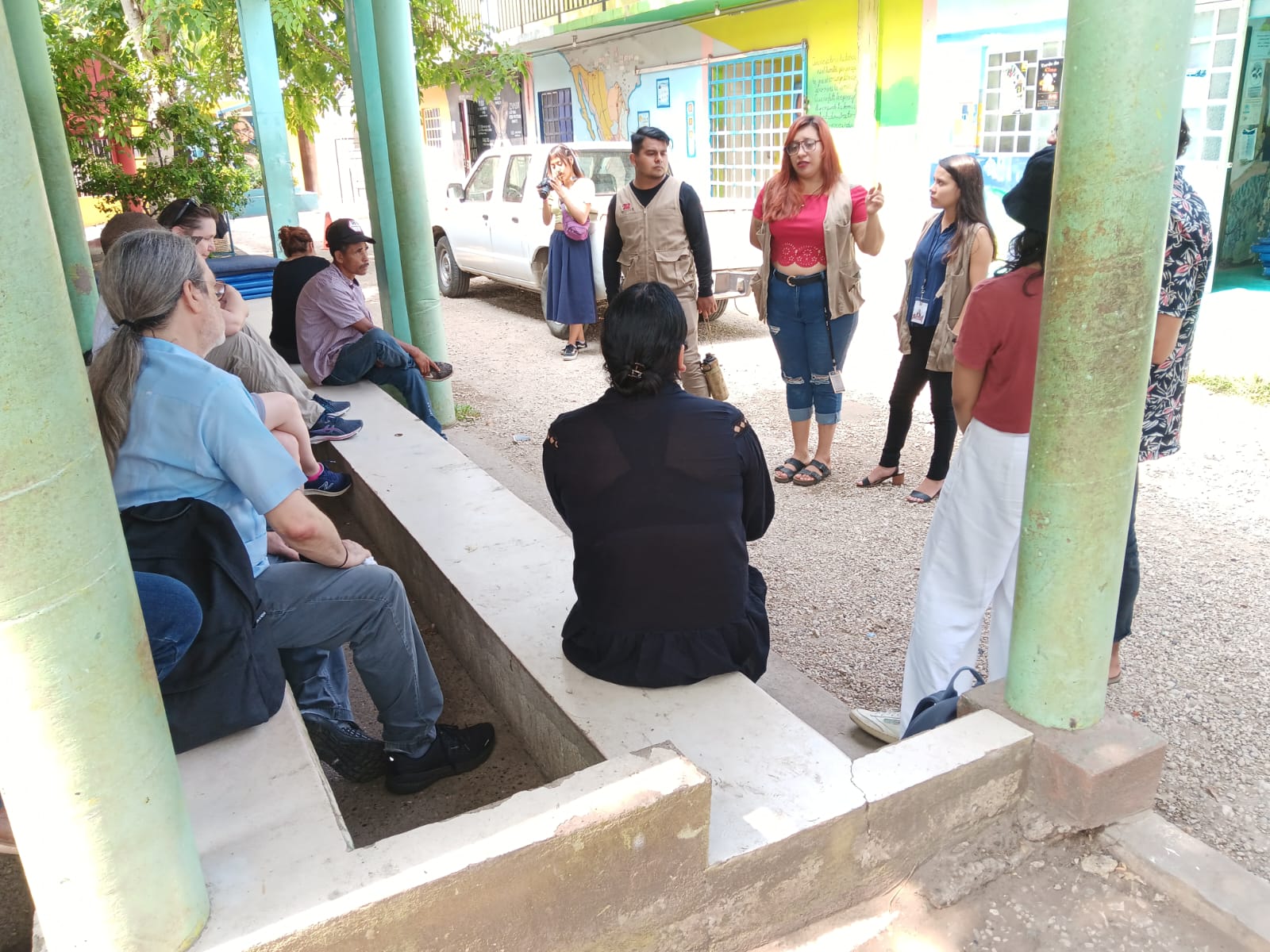
Encounters with people living in extreme poverty, suffering from violence, or on the move have shaped my life’s work. There are a multitude of factors at work, but when you talk to folks the help they need almost always boils down to the fact that they can’t support themselves and their families and they see no good option to do so. Some choose illegal options, like growing coca in Colombia. Some join armed groups, like the gangs in Haiti. Some become dependent on aid, surviving but not thriving, always on the edge of collapse. Some give away or sell their children, hoping against hope the kids will do better elsewhere. And those who can, flee.
The heart of Quixote Center programming is to develop and support community-based economic development (jobs!) so that folks have legal and safe options to support themselves and to thrive in their home communities and countries. Sadly, it’s too late for that for the 110 million people worldwide who have fled their home communities as a result of violence, climate change, and poverty.
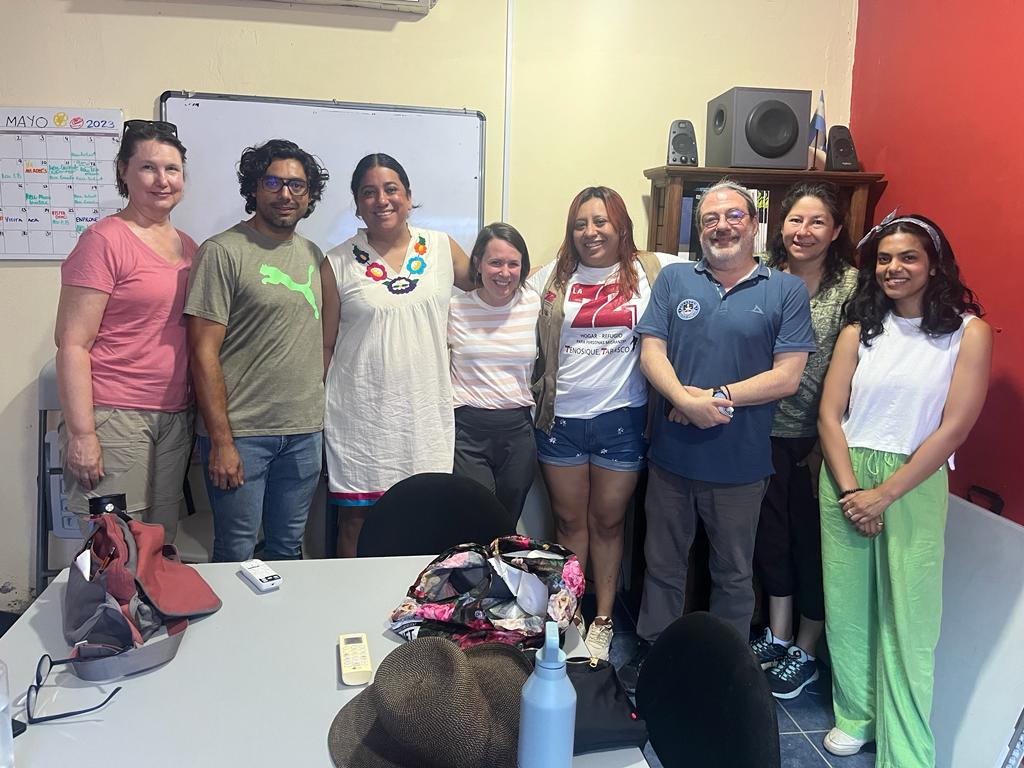
We encountered a few of the 110 million last week, during Quixote Center’s solidarity trip to southern Mexico and Guatemala. For context, the vast majority of migrants are either internally displaced, meaning they displace to camps in their own country, or they displace to the country next door, such as Syrians to Turkey, Venezuelans to Colombia, and Nicaraguans to Costa Rica. Only a tiny fraction has the resources and the stamina to try to get to the United States. Most of them never make it, because the journey is dangerous, and even if they survive it the US is not likely to let them in.
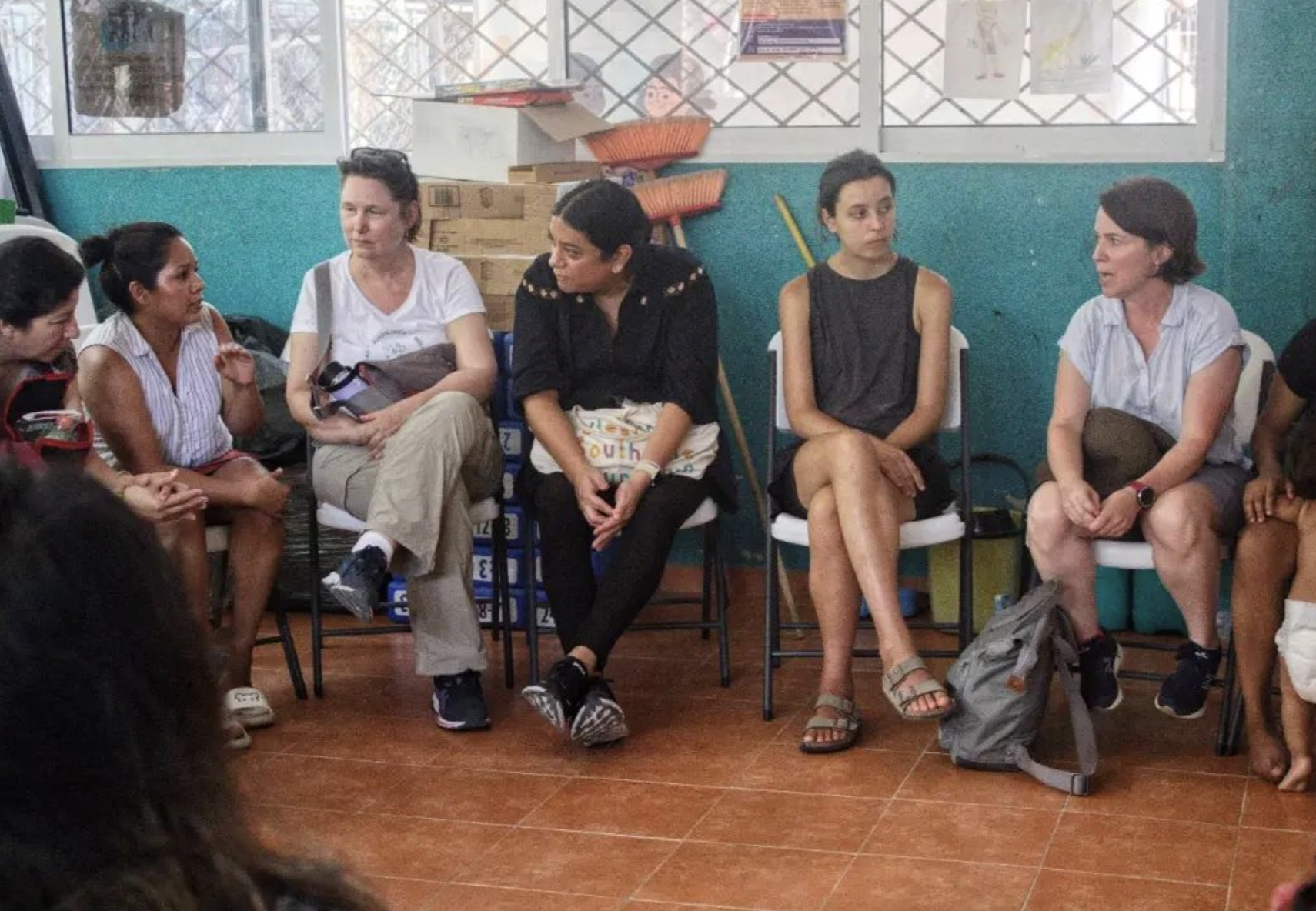
Why the US? We spoke with a group of women at the La72 shelter in Tenosique, Tabasco, part of the Franciscan Network on Migration and a Quixote Center partner. Most were from Honduras and most had suffered sexual violence, either in their home country or in Mexico. They say they want to go to the US because they will be safe here. We have rule of law, and in their home country there is impunity. In fact, they fear reprisals if they report crimes to the authorities. They also fear for their sons, who get recruited into gangs under threat of death. They believe they will be safe in the US, and they do not believe they will be safe in any other nearby country.
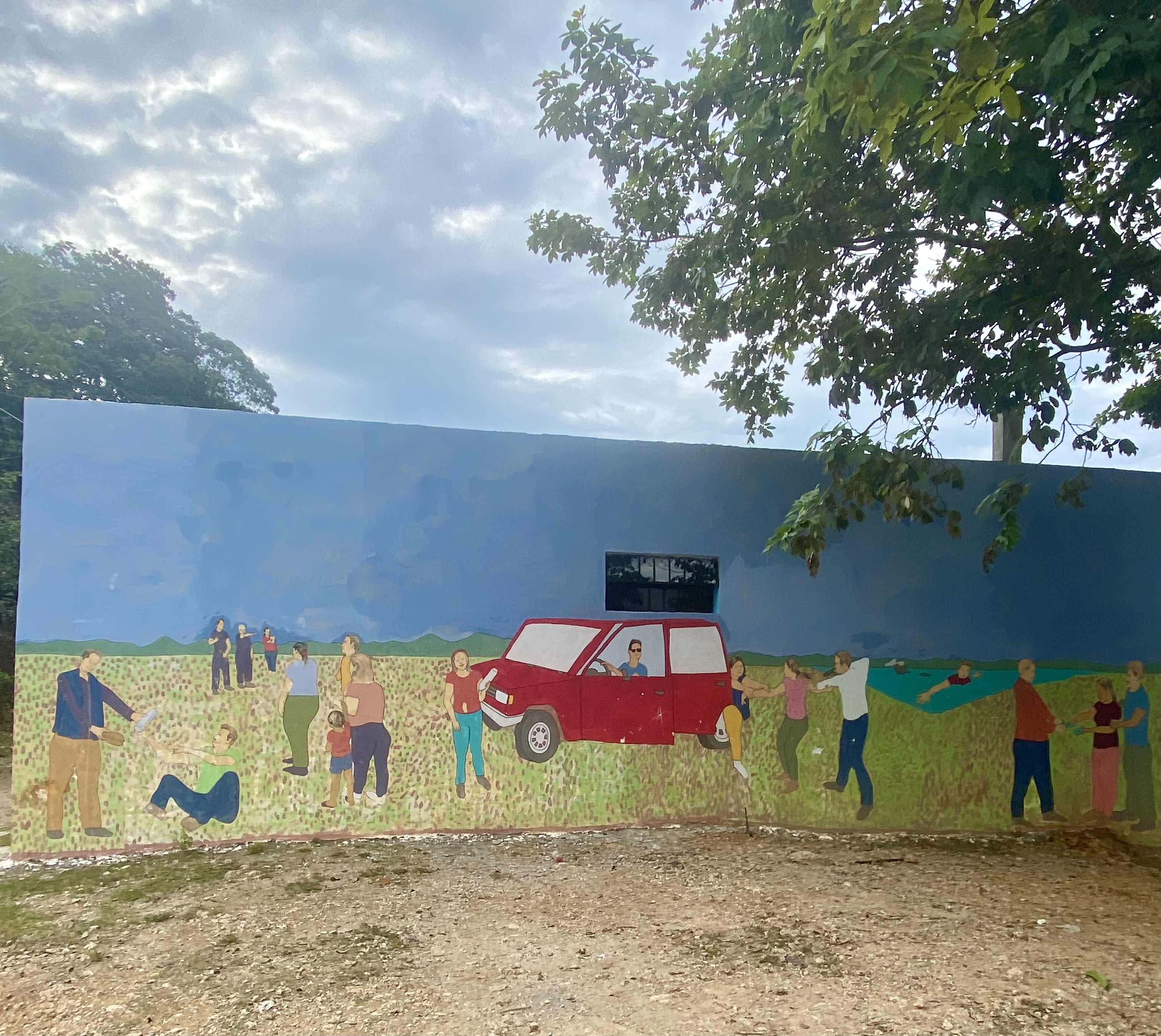
We also spoke with some young men at Casa Belen, located in El Ceibo, Guatemala, just on the other side of the border with Mexico. They told us they are looking for work, and that there are no opportunities in Honduras, or Guatemala, or Mexico. One man told me his dream is to earn enough money to support his mother, who he left behind in Honduras. Although we don’t have exact numbers, staff at La72 told us that the vast majority of migrants passing through are single men looking for work. They said that the men don’t apply for refugee status in Tabasco, because there are no jobs. Some will go to Mexico City or Monterrey to look for work, but those places are dangerous, especially for migrants. In most cases they stay for a short period of time to raise the resources to try and get to the US, because we have jobs in the US, and the US is safer.
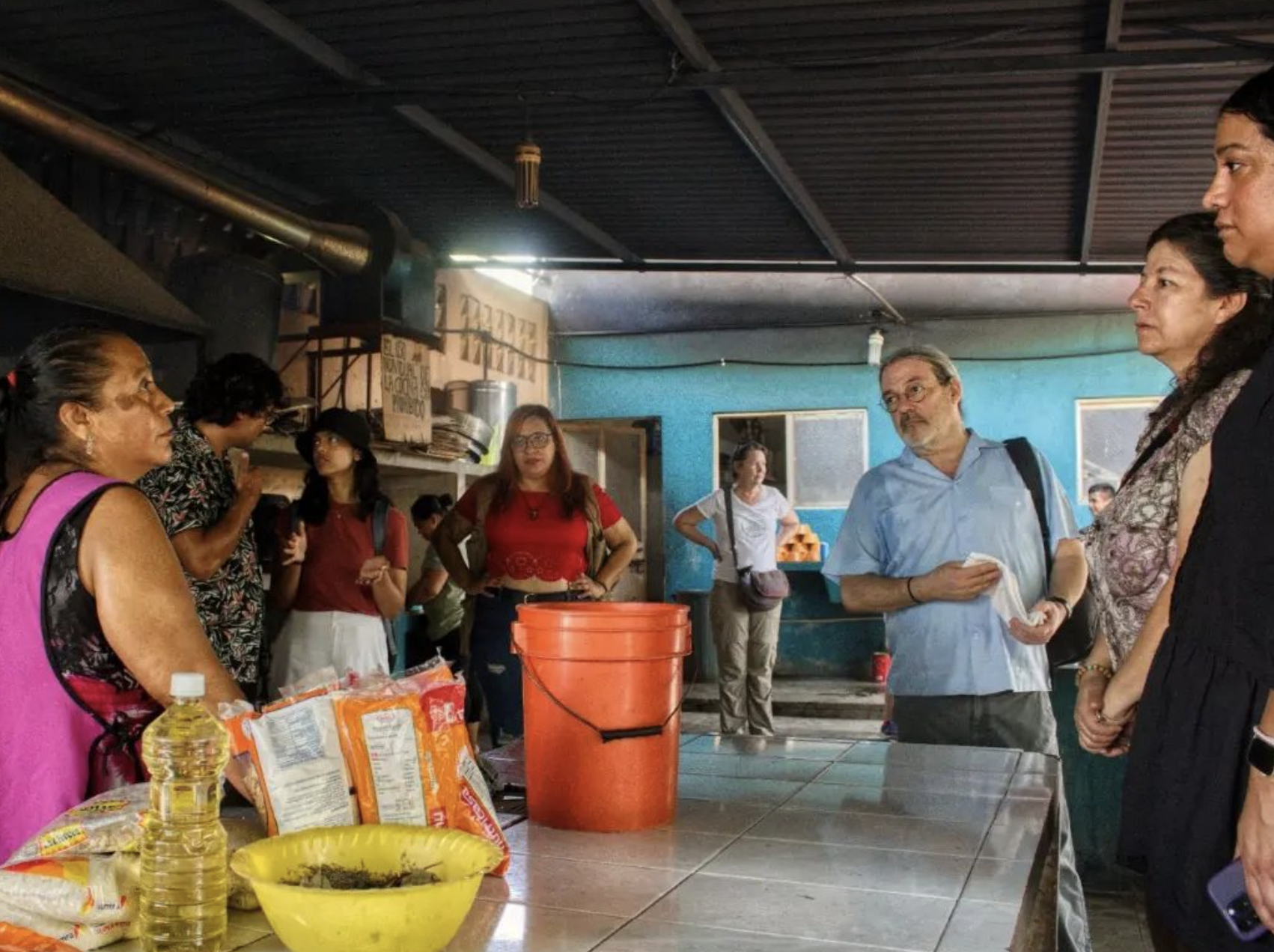
There is a narrative of fear in the United States that migrants are coming in hordes to steal our jobs. And so the US makes policy based on fear instead of reality. The reality check is that economists have studied this, and the data conclude that immigrants create more jobs than they take, through starting small businesses, and that they contribute to the economy in other ways, such as paying taxes. Nearly every US citizen, except for indigenous peoples, has a family story that explains how they got here. Mine is that my ancestors came under the Homestead Act fleeing forced conscription into the Prussian army. Today’s migrants add to the quilt that makes us who we are.
We also encountered Venezuelan families at La72 and at Casa Belen. Venezuelans have to travel through Colombia and up through Panama, traversing the Darien Gap. The Darien is a primitive wilderness with no roads, riddled with drug traffickers and criminal gangs. The Venezuelans we met had to walk for days on trails littered with bodies and discarded clothing. They stepped over more bodies clogging the rivers and poisoning the waters. A person cannot get through the Darien without losing everything, and many do not make it through.
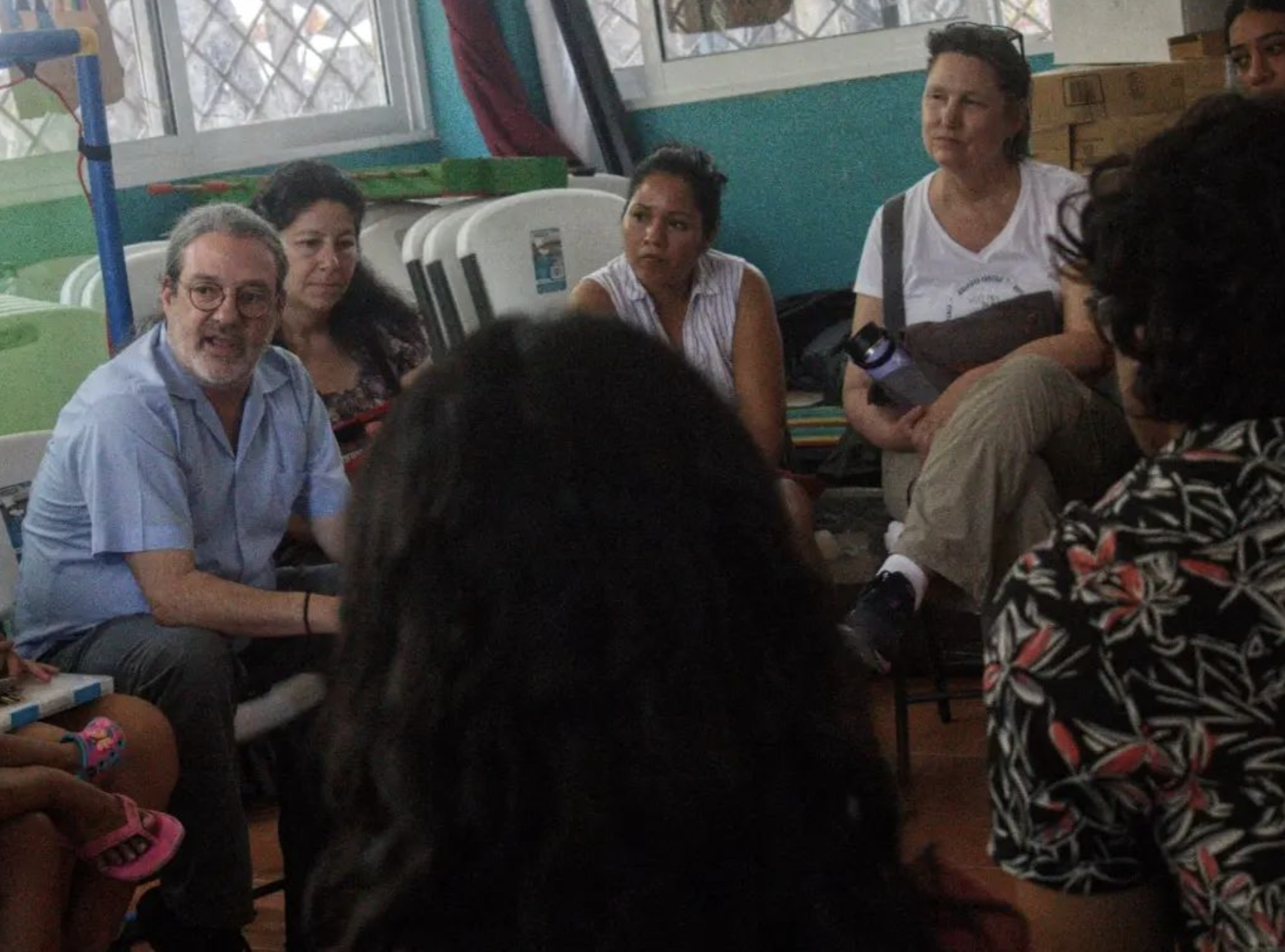 These stories are a call to action. Our country can do better than this. It is why Quixote Center has committed to strengthening the work of the Franciscan Network Panama Team, so that at least some of those who make it through the Darien will encounter love and empathy, and not just the US-funded government refugee camp. It is also why we are multiplying our efforts to generate employment in Haiti, and providing opportunities to advocate for just and dignified US border policies.
These stories are a call to action. Our country can do better than this. It is why Quixote Center has committed to strengthening the work of the Franciscan Network Panama Team, so that at least some of those who make it through the Darien will encounter love and empathy, and not just the US-funded government refugee camp. It is also why we are multiplying our efforts to generate employment in Haiti, and providing opportunities to advocate for just and dignified US border policies.
We will also continue to provide opportunities for encounter in southern Mexico, and perhaps Panama in the future. Please spread the word, and join us on our next trip, likely in November.
To support our work, donate here.
Further Reading
UNHCR Global Trends Report, June 2023
Northwestern University: Immigrants to the US Create More Jobs Than They Take
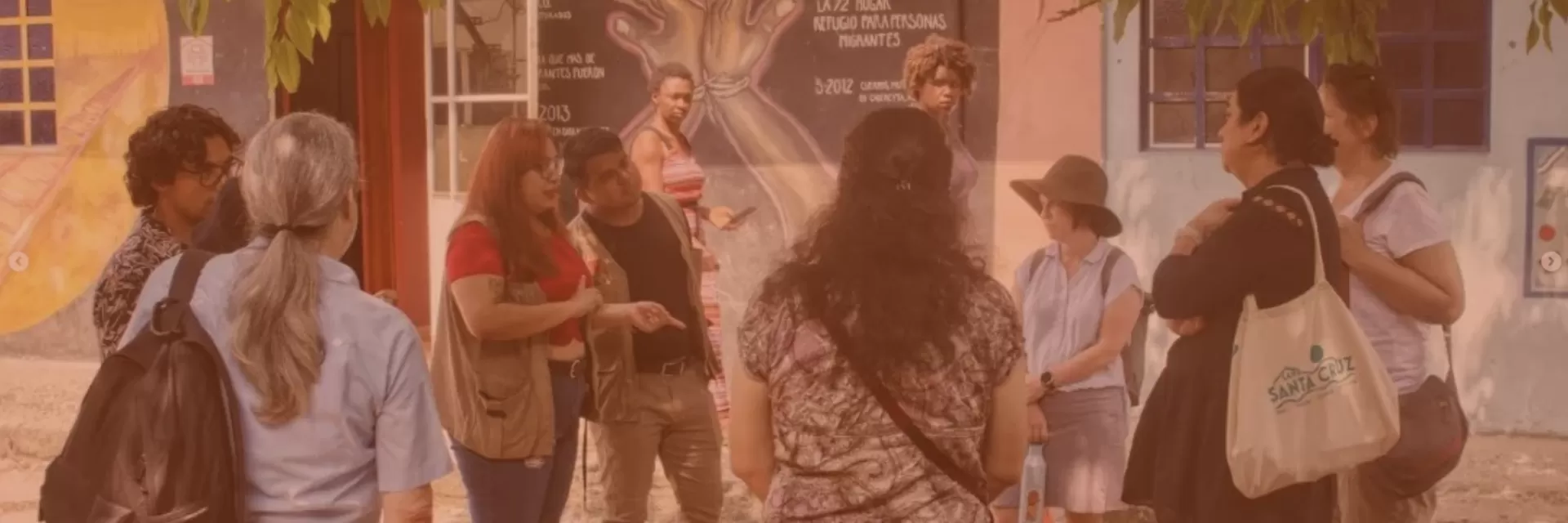

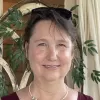
Comments
Judy Luce (not verified)